Over the weekend, I had the pleasure of hanging out with many respected individuals in the reef aquarium hobby, as well as one of our industry’s pioneer-legends, who has paved the way for everything we do now: Julian Sprung of Two Little Fishies. Along with Lou Schiavo of World Wide Corals, Charles Steinfeld, Shane Lafreniere and Hydra crew (Hector, Robert, Cheryl) we randomly talked about the evolution of the hobby; how many things were different then, and how far we have come since those days.
Warning to you old-school hobbyists: waves of nostalgia are coming your way. You have been warned. Now, buckle up! (Also keep in mind that these are just my opinions)
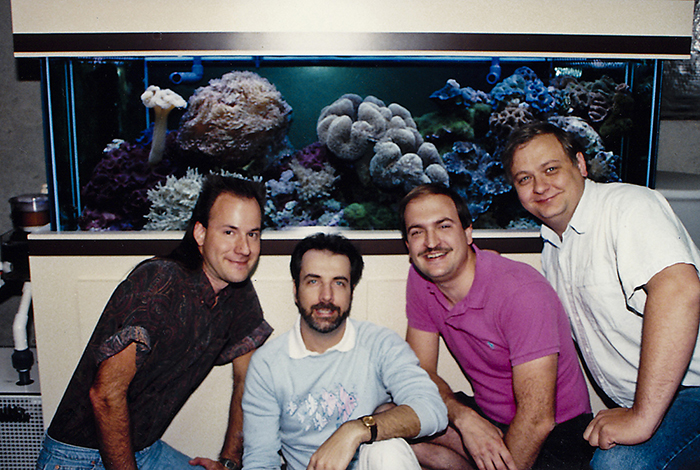
Left to right: Julian Sprung, Charles Delbeek, Mike Paletta, and John Burlseon in front of John’s reef tank, 1990
I remember a conversation I had with Keith David from RocknReefs in the early 80s; he was feeding his corals boiled, ground up, powdered egg yolks. Almost unimaginable right? Would you believe me if I told you that he grew soft corals and LPS with neon lights? Look at how powdered coral foods have evolved from egg yolks to super-powderized coral foods like Coral Frenzy. Frozen food? How about Rod’s food or LRS Reef Frenzy? The founders got into the business of making fish food because they were on a quest to make something better than what was available (which was seriously lacking at the time) to our hobby. Not many options were available, and they pioneered the manufacturing of fresh, highly nutritious food for our salty friends. In the process, they became household names for saltwater foods, and today, it’s almost impossible to think of our hobby without the names of these guys coming to mind.
How about lighting? From power compacts to t8s, t10s, t12s, and all sorts of bulbs in between, to metal halides, and now LEDs.
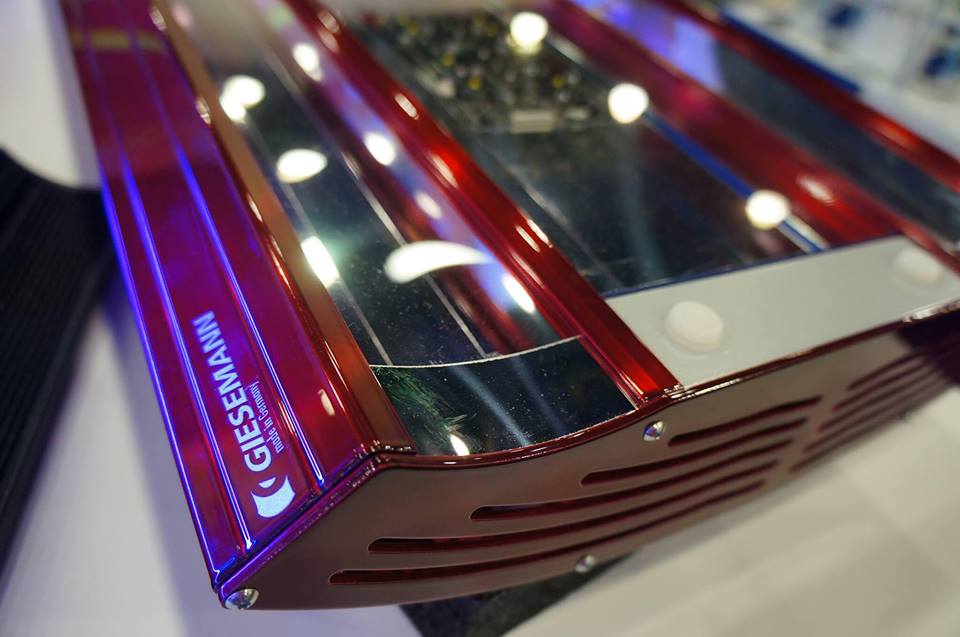
I’d say that LEDs are the piece of equipment that has evolved the most in our aquarium hobby over the last two decades. Do you remember when people said that LEDs couldn’t grow corals? At the time, they were right; those diodes used to be less than 1w per diode and had almost zero impact on coral growth.
But today? It’s hard to imagine tanks without LEDs, whether it’s for actinic supplements or used as the main lights to grow thriving reef tanks. Flexibility, energy efficiency, and the customizable attributes of LEDs has led a wave of optical revolution for our industry and I would say that the majority of hobbyists are utilizing and enjoying this technology right now. Lack of PAR is now news of the past, and better optics, better spread, and better blending of colors are coming out at a neck-breaking speed.
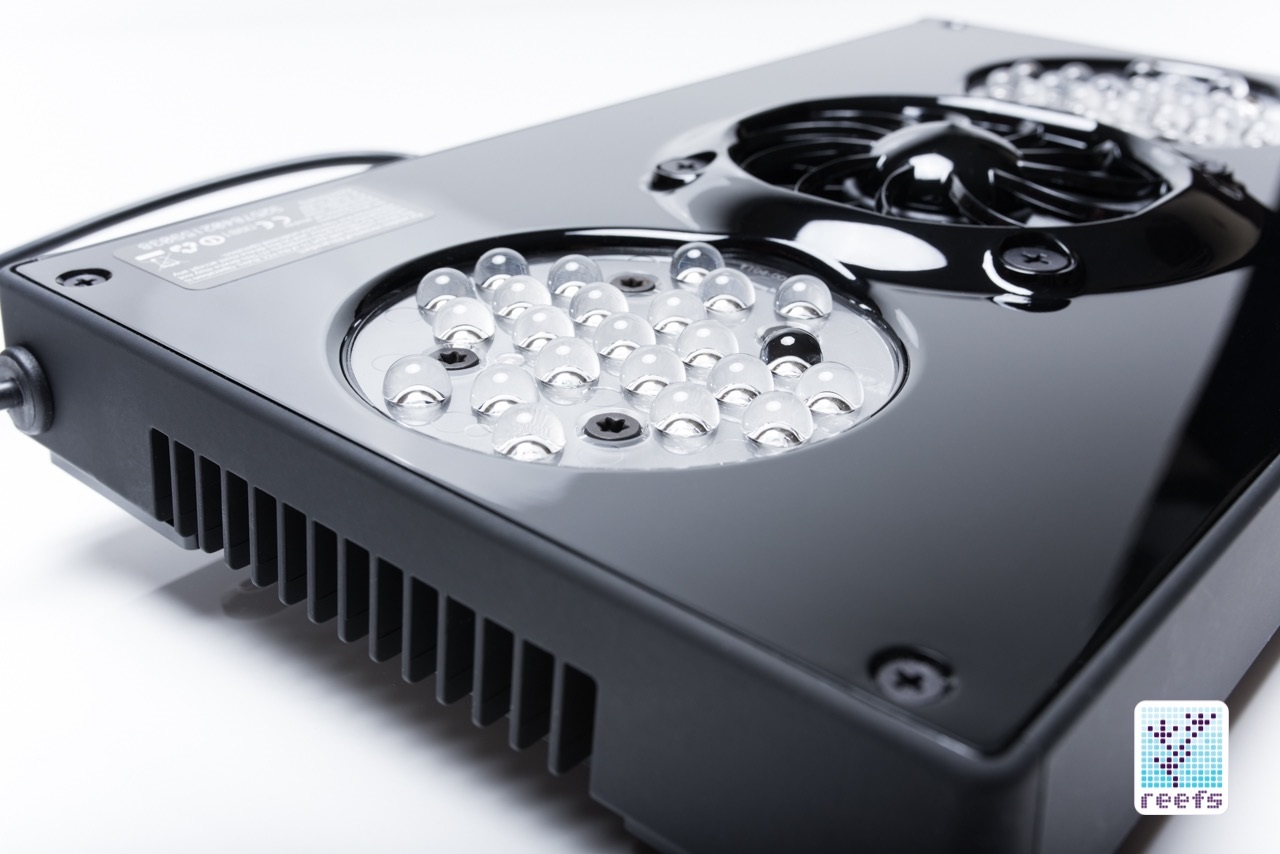
Premium units like Ecotech Radions are considered to be better than metal halides for growing some corals. Scientists have spent a lot of time and resources over the past decades researching coral growth, and have shared their findings on websites and through coral labs around the world. Does that mean that the tried and true methods went away? No way! Companies like Giesemann and Reef Brite have revolutionized the old technology, and came up with better reflectors and better ballasts to create a stronger, wider spread, as well as complete control of timing and luminosity, via knob switch or controller.
And what about filtration? We have come long way, from under-gravel filters, to bio balls, to bulky and relatively useless skimmers.
Now skimmers are shaped “very sexy” (according to Mathias of Nyos), with actual research, purpose, and proven results behind the designs. They also come with all sorts of bells and whistles, such as neck cleaners and float switches to turn off the power on your pump if your skimmate reaches a certain level (Reef Octopus). Oh and did I mention that they skim EXTREMELY well? I can’t imagine running a tank without one and I don’t think I’m alone in that thought.
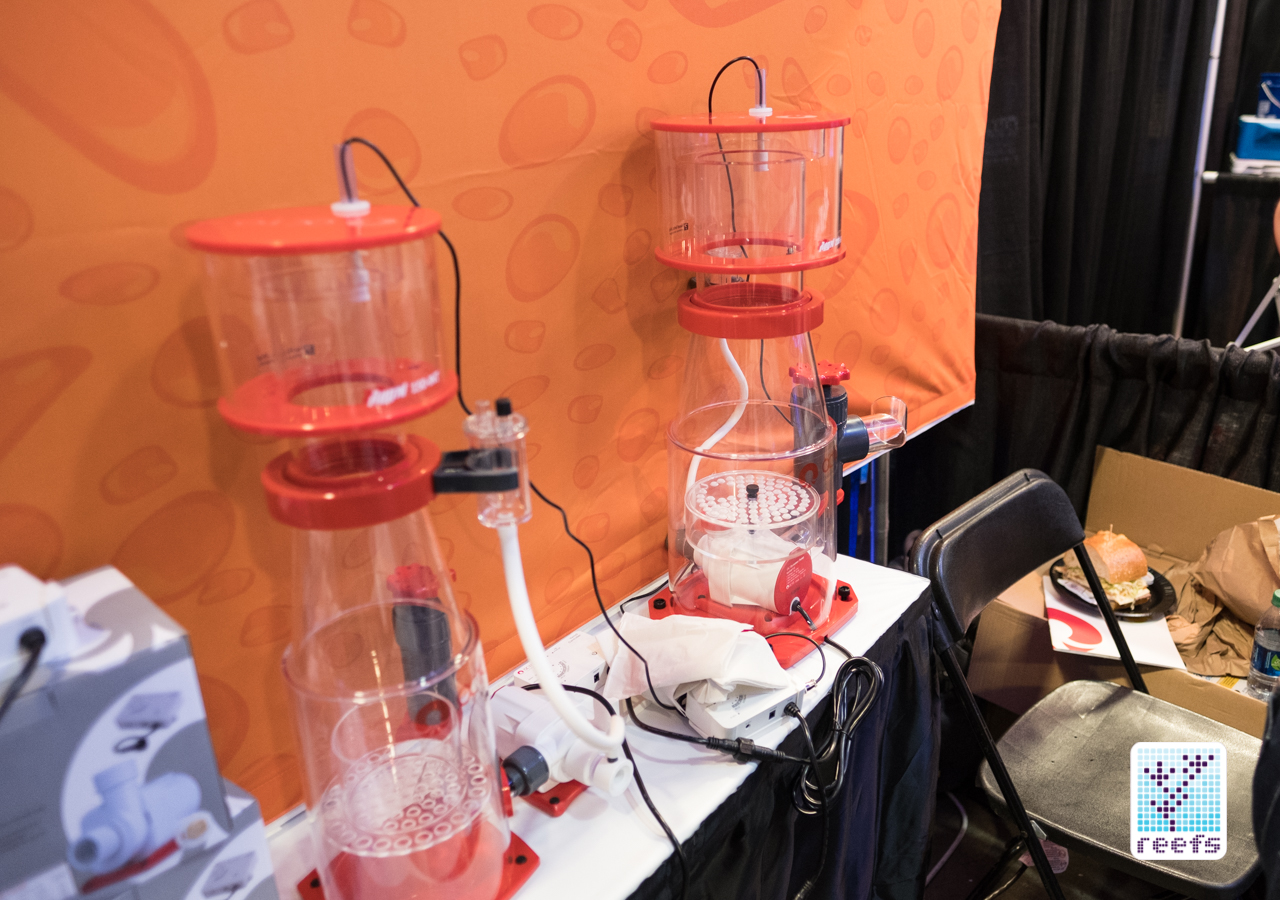
Enough of this trip down the memory lane…
Let’s get back to the present and look towards the future!
As time has gone on, convenience, automation, and mimicking the ocean have become the thing in this hobby. Lights and wave makers are on timers to simulate the natural ocean-like environment for our tank’s inhabitants. Controller companies like neptune Systems really paved the way and made it very easy to enjoy our aquariums with minimal tinkering; and with the integration of automated water changes and motorized dosers for necessary supplements into their already-impressive control unit really took our reefkeeping to another level. I mean, it already monitors your tank’s basic parameters like temperature, pH, ORP, base PAR, flow rate with your WAV wave makers, and GPH in your tank. Anyone with the controller can now control their tanks remotely from anywhere in the world that has internet access. I have safety features upon safety features built in and now I can control and do most temporary repairs with the touch of a finger, until I am able to get home. I’m really excited to see what else they are brewing in Gilroy, California. Coralvue stepped up their game and introduced us to their alkalinity monitor and doser combo unit, the KH Monitor and KH Guardian. As reef hobbyists, we know that a substantial alk swing can make or destroy our aquariums. With this unit, weekly testing is a thing of the past, and more companies (Focustronic, neptune Systems) are coming out with their versions of automated alkalinity testers.
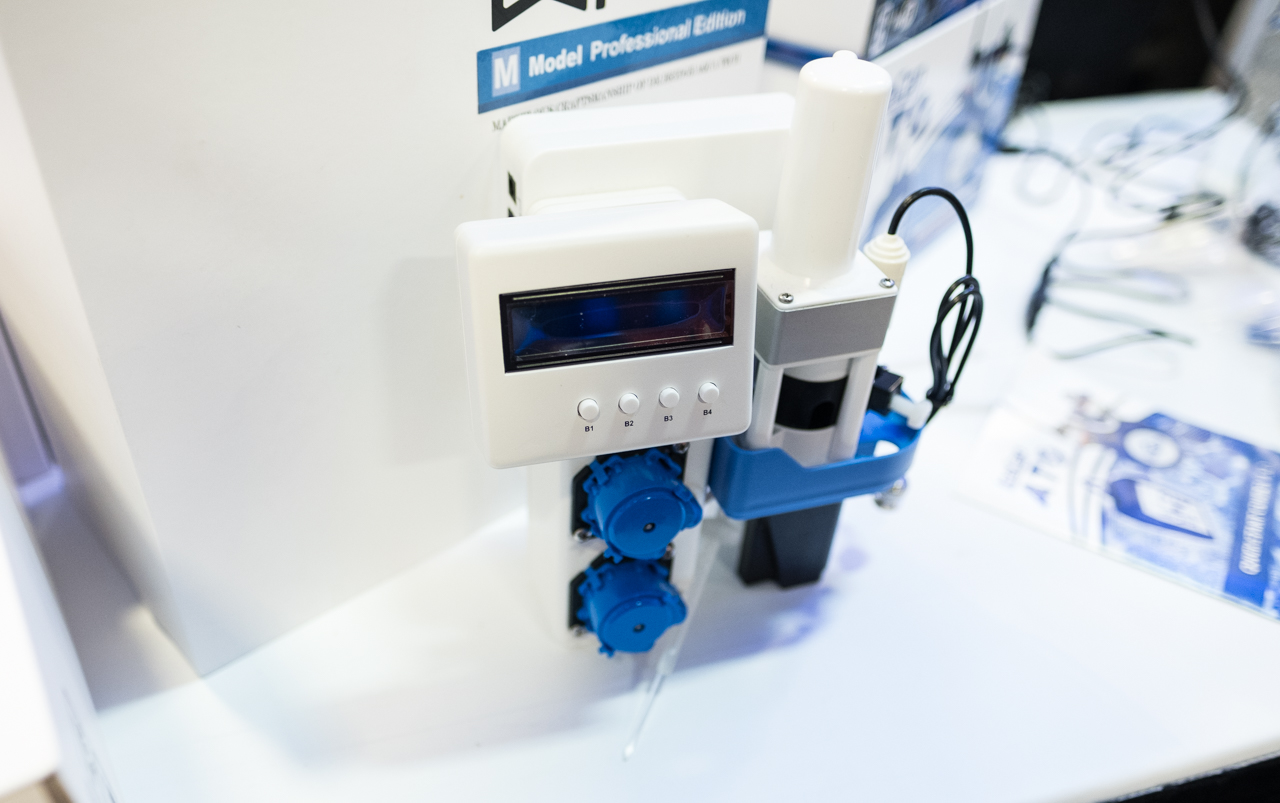
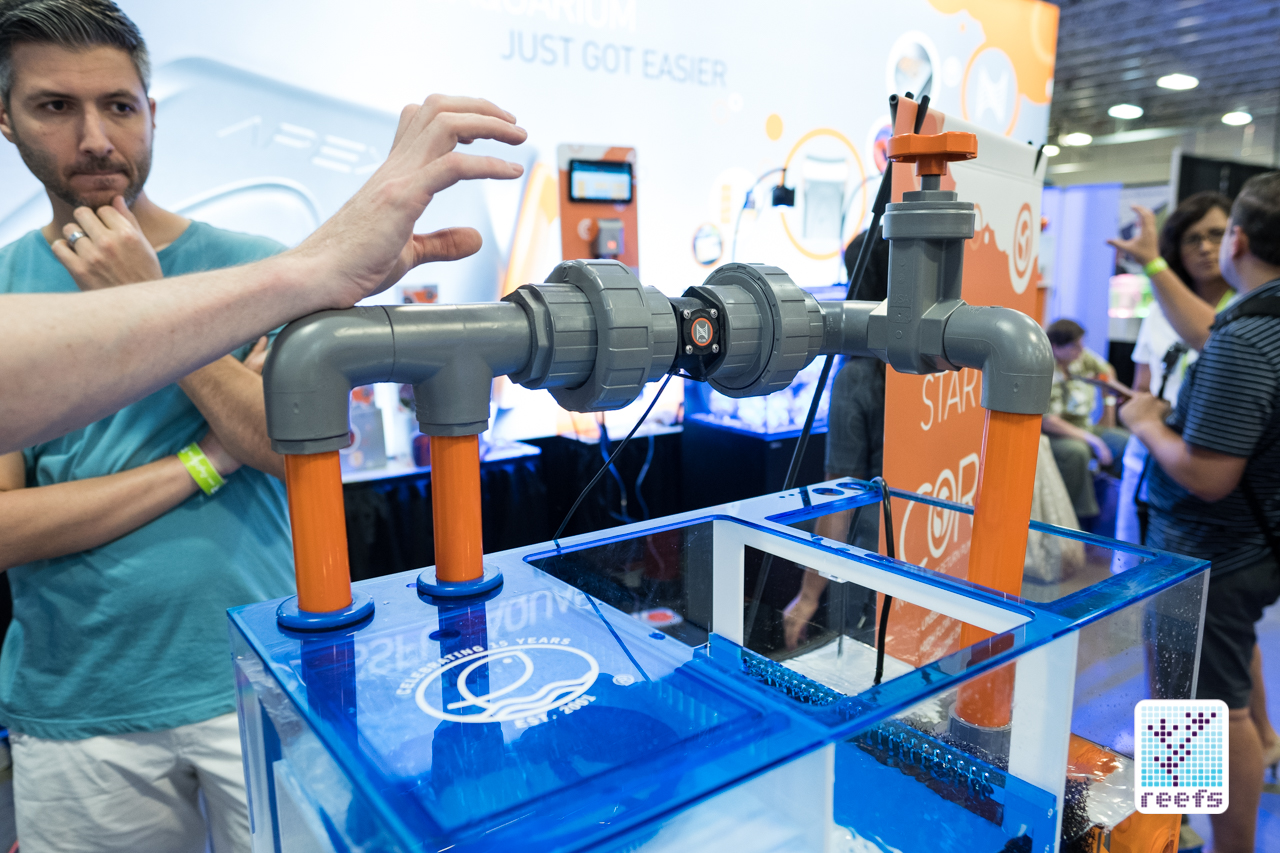
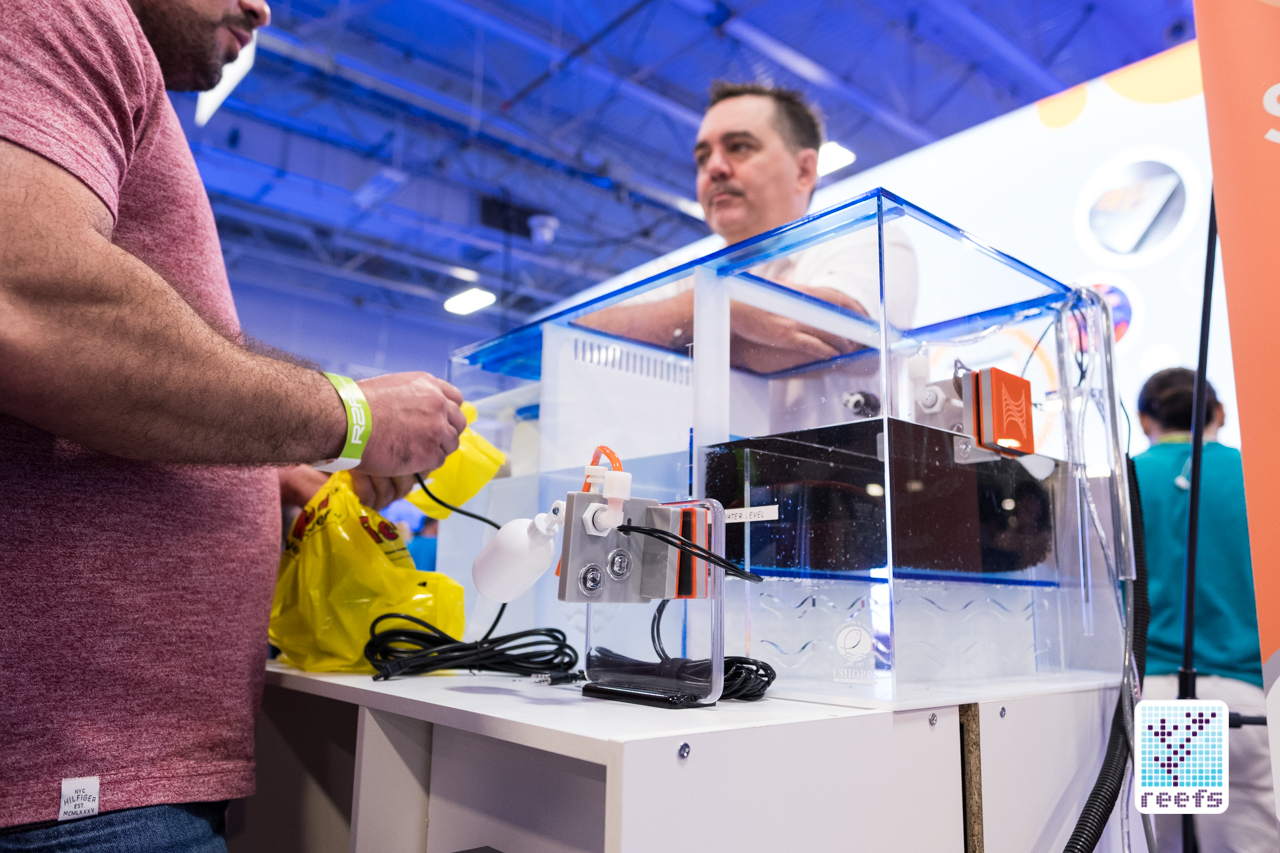
What’s new? How about automated calcium testers? That’s in the works and I hope to see it on the market by next year. As we grow corals in our tank it’s unavoidable that we will lose calcium, alkalinity, and magnesium. How do we know their changing rate of consumption? With these units, calculating and adjusting our dosage will be an extremely easy and painless procedure. How about all in one photometer test kits? Wireless probes? Who doesn’t hate wires behind our tanks or in our sump area? Sensafe’s Exact Idip is all in one and has become reliable, and Hanna is starting to release wireless, bluetooth pH probes. Smart homes are now being integrated in one way or another and I am starting to see that happening in our industry. Current USA is working to integrate their popular LOOP system into Amazon Echo ecosystem, and there are several other companies that are working with Google home.
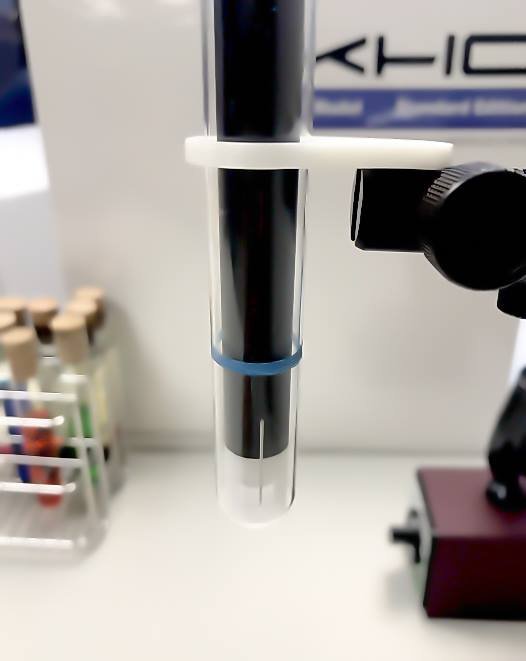
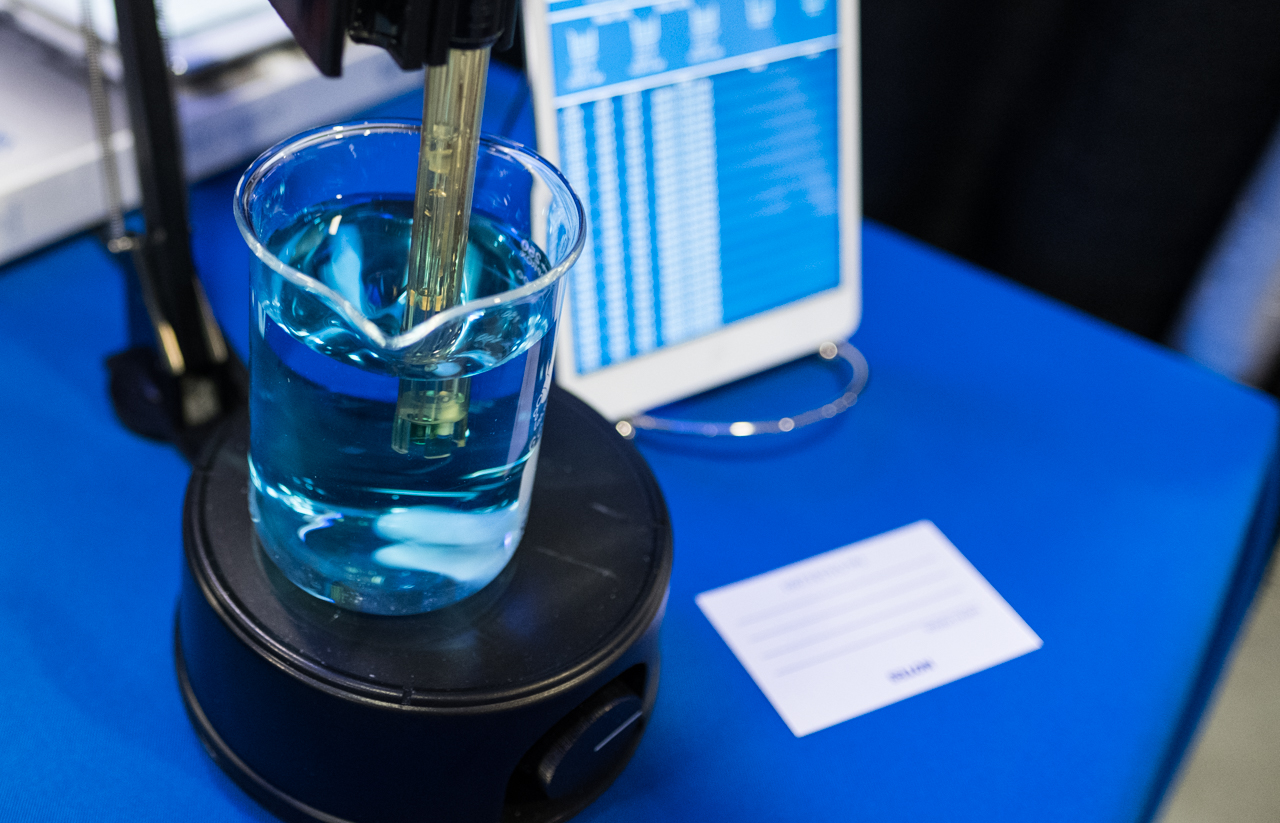
I am looking forward to what future will bring. Less wires, more automation, more redundancies. Fewer failures, less tinkering, and more enjoyment of this hobby. It’s not a cheap hobby for sure but keeping a successful reef tank with minimum work doesn’t seem like a pipe dream any more, and I am excited to see the progress in our hobby. I sincerely hope that more research is done at the scientific level to finally eliminate protozoans and oodiniums in our aquariums. We have a high number of new hobbyists leaving our hobby due to failures and crashes and it is my hope that this number will go down dramatically because:
1.) I don’t like to see/ hear animals dying.
2.) I like to see people happy and enjoying their aquariums.
That’s all for today, thanks for reading all my ramblings and crazy thoughts.
I hope you guys enjoyed the trip down the memory lane and for those of you that are new to the hobby, hope you enjoyed the little history lesson, some insights on what’s to come, and what my thoughts about it all.
Happy reefing!










0 Comments